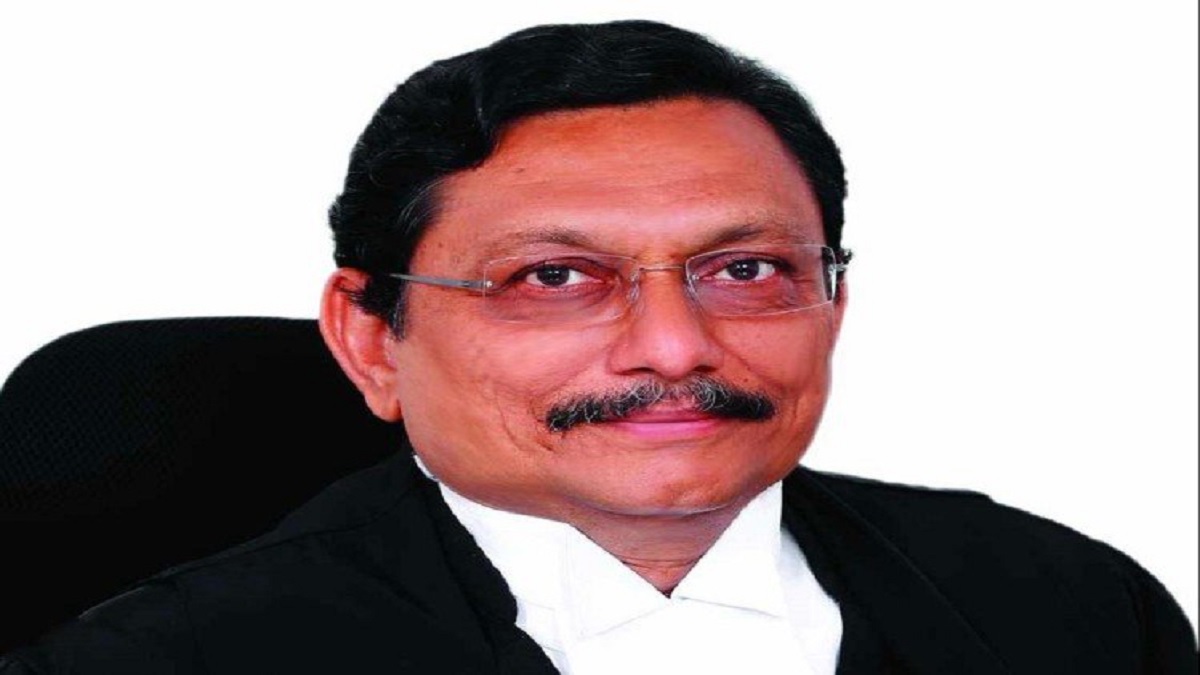
During the time of crisis, the three organs of the state should work in harmony so that it can be tackled effectively, but if the executive puts the lives of people in danger then the judiciary will intervene, said Chief Justice of India (CJI) S.A. Bobde in an exclusive offcamera interaction with NewsX. The CJI said this when he was asked the question about the apex court and the government. On the question of how the man, money, and material should be used, the CJI said that the decision on how to spend this depends entirely on the executive but we have to be patient about this.
The entire country needs to exercise patience. In all cases related to Covid-19 we have asked the executive on what all steps they have taken. On the issue of migrant labourers, the CJI said that it’s a sub-judice matter but “we have done whatever we can. We are not on the field. We have given direction to the government to provide shelter, food and psychological counselling to them”. On being asked about how coronavirus has changed the way courts work, the CJI said that the pressure of litigation on courts have reduced. He went on to say that in January 2020, 205 cases were filed daily in the Supreme Court but in the month of April only 305 cases have been filed through e-filing.
Elaborating on why this has happened, Justice Bobde said that cause for action is not happening. “Thieves are not committing crime. Crime rate has come down, therefore police action has also gone down. Generally, things important for litigation is not taking place.” On being asked whether videoconferencing will replace the courts, the CJI said that video-conferencing proceedings are here to stay but will not entirely replace the courts.